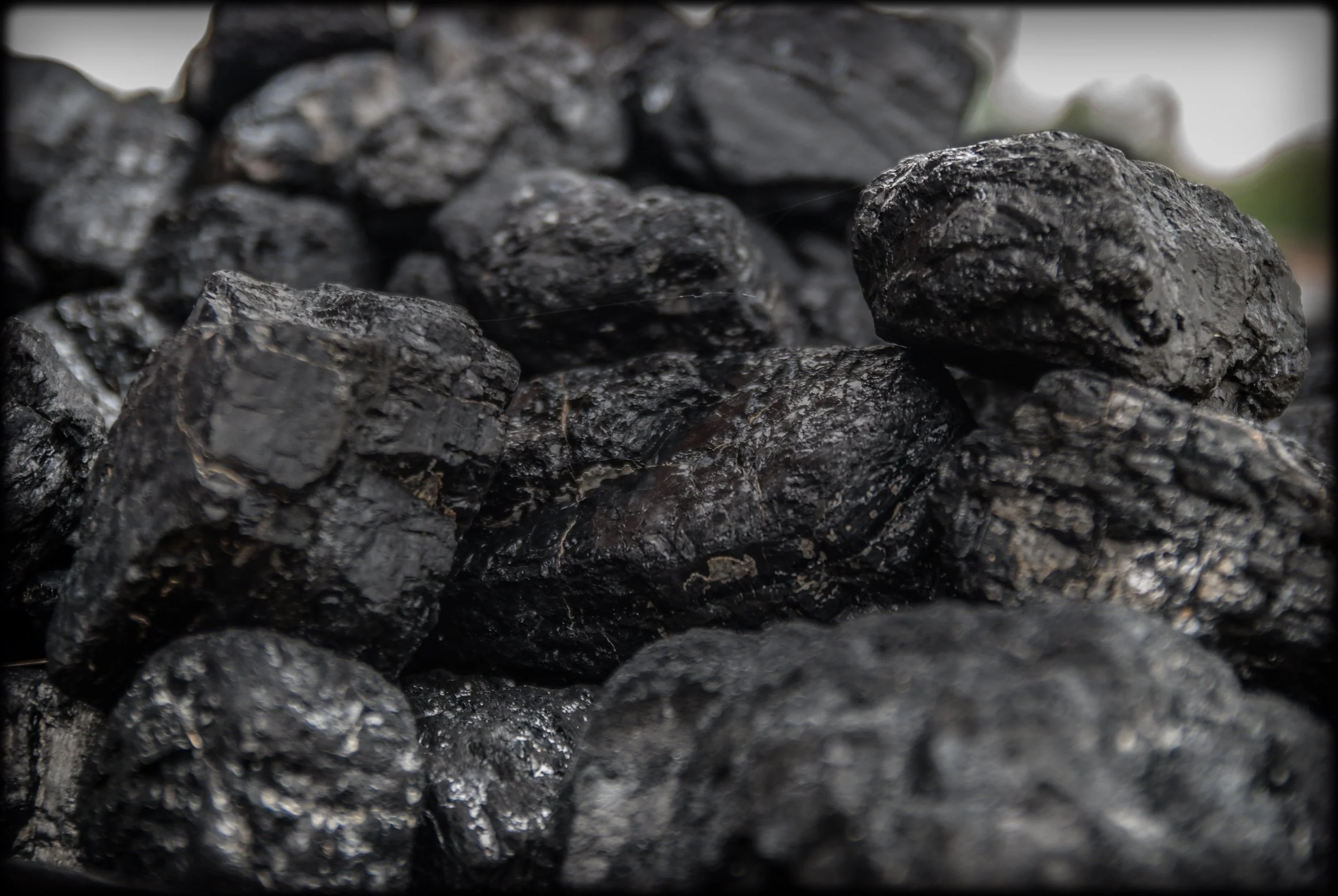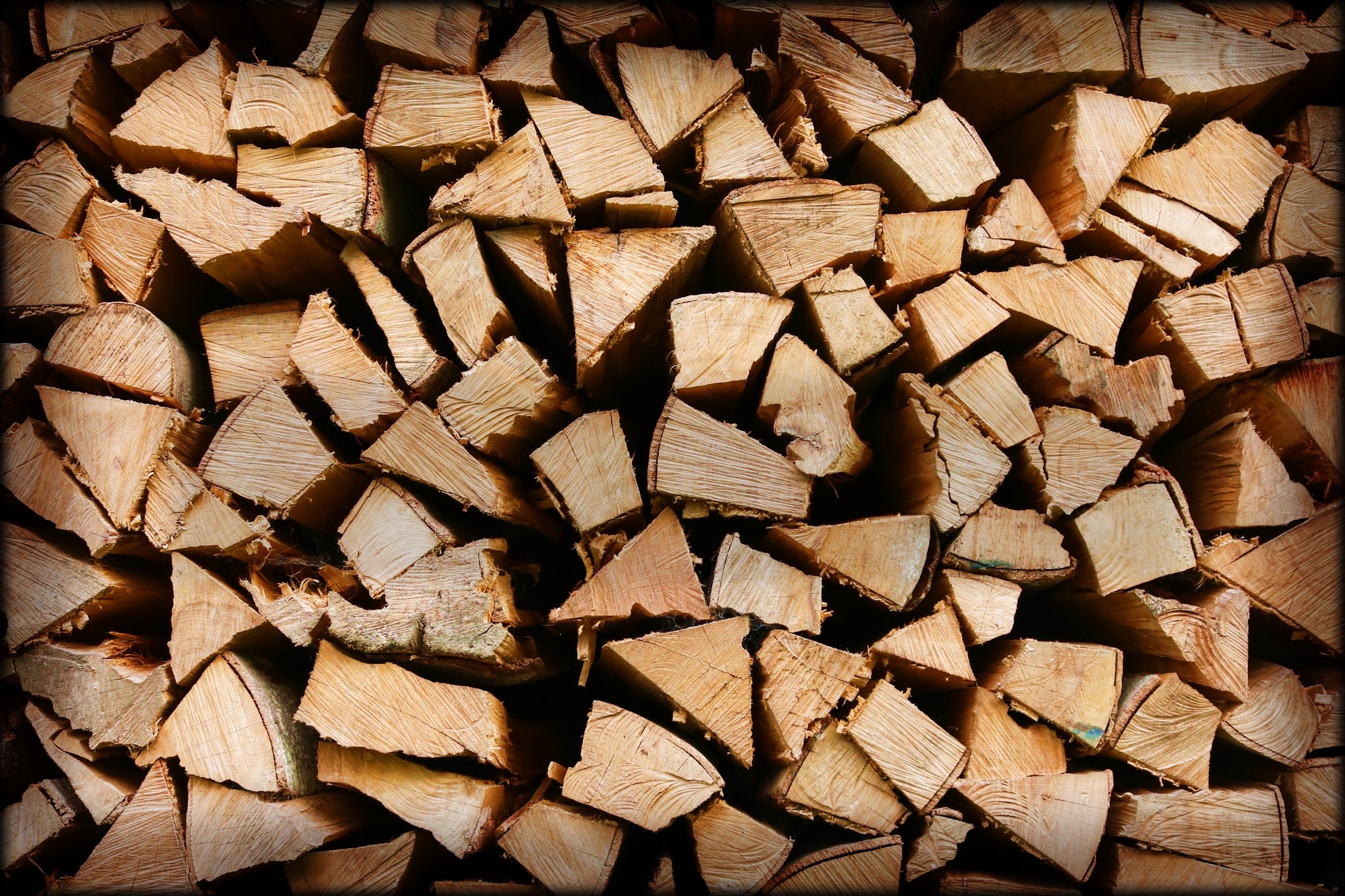Markets
Energy carriers have always been replaced by something better. After firing with wood for thousands of years, coal took over as the leading energy source, and – thanks to the introduction of steam power – made the industrial revolution possible. The discovery of oil led to a new transportation industry making the world smaller and more accessible.
Fossil fuel cannot last forever, however, and climate change has created an urgent need to find a clean alternative to burn in today’s infrastructure.
Although wind and solar energy is growing quickly, they still only represent a small fraction of the total energy use in the world. Fossil fuels have a market share of more than 80% because our energy infrastructure is built around them.
With more and more people moving out of poverty, the demand for electricity is growing rapidly. The world can only afford to burn a fraction of the remaining carbon reserves to stay below the 1.5-degree target enacted in the Paris agreement. To reach the target in time, we need a clean and inexpensive alternative that fits directly into the existing energy infrastructure.
Our technological breakthrough makes it possible to both produce a clean copy of coal and profitably scale it up fast enough to supply the large clean fuel volume needed to phase out all fossil fuels.
The clean NextFuel™ briquette has a low enough production cost and high enough energy content to compete with coal, heating oil and charcoal in most places around the world. It is ready to be used directly in for instance a coal plant, without having to rebuild the plant.
Our clean, all-natural coal replacement can be made from different types of abundant biomass like like elephant grasses, which can grow 4 to 7 meters in only 100 days on marginal land.
Because clients can grow these energy crops on marginal and desert-like lands that are typically useless for agriculture, there are many potential inexpensive large land prospects available around the world.
Because NextFuel™ briquettes have the ability to be produced from crops that capture more CO2 from the atmosphere when growing than the amount of CO2 that is released when the briquettes are burned, NextFuel projects have the potential to reduce the amount of CO2 in the atmosphere.
We are planning to work with industrial partners to spread our technology to many different industries. Our CO2 negative NextFuel™ briquette can replace the following fuels:

REPLACE COAL
NextFuel™ is a fast, inexpensive and clean coal substitute for large coal users like utilities, steel mills and cement plants. Today’s coal plants can directly co-fire with NextFuel™ briquettes without any expensive rebuilding of its infrastructure. They can even replace 100% of their coal consumption with our clean fuel. Rather than having to close down or switch to natural gas or wood pellets (which both requires expensive rebuilding) coal plants can switch directly to elephant grass based NextFuel™ briquettes and continue operation with the same workforce and infrastructure. For the first time, we have a possibility to replace the world’s entire coal use with an inexpensive clean alternative directly, while continuing to use the same infrastructure.

REPLACE OIL
Several industries can also replace heating oil with NextFuel™ briquettes, by only switching burners. Since NextFuel™ is less expensive than heating oil in most places, companies can fast earn back their investment and drastically reduce their heating costs and pollution level.
NextFuel™ briquettes can also be converted to Sustainable Aviation Fuel (SAF) by utilizing the Fischer-Tropsch process.

REPLACE NATURAL GAS
Instead of relying on the natural gas combustion infrastructure, which releases large amounts of CO2 into the atmosphere without providing any mechanism for re-absorption, and also requires expensive upgrades, utilities can instead produce electricity from clean NextFuel™ briquettes.

REPLACE WOOD PELLETS
Our fuel can replace wood pellets, thereby reducing deforestation. In contrast to wood pellets, our torrefied briquette is water resistant and can be treated similar to coal. NextFuel™ briquettes have a higher energy content per tonne than unprocessed biomass, and are therefore less expensive to transport. Additionally, NextFuel™ briquettes can be produced from elephant grass that grows much quicker than trees, captures much more CO2 per hectare per year, and are easier to harvest. All important factors that can help improve the biomass industries' carbon footprint and economics.

REPLACE CHARCOAL
NextFuel™ can cost-effectively replace charcoal in several industries. Consumers in developing countries might also in the future use NextFuel™ briquettes as fuel in small portable cooking ovens. Both practices can contribute to save forests and lives.

TRANSFORM WASTE TO A VALUABLE PRODUCT
We can use bagasse, agricultural waste and other residues as raw material in our torrefaction reactor. This means that we can, for instance, work with the sugar industry to convert a surplus product from their sugar canes into a valuable fuel. Several industries can now make a profit from their unused resources.

WIND AND SOLAR BACKUP POWER
The renewable energy sector, e.g. wind and solar, often relies on dirty fossil fuel as backup power when there is no wind, or the sun is not shining. Adding NextFuel™ production facilities as an integral part of their renewable energy production capacity, this sector have the potential to cleanly produce both heat and inexpensive clean electricity continually, with only insignificant differences in power output.

New samples of NextFuel getting ready to be shipped to a major global steel producer.
We already have the first small 8000 tonne demonstration/pilot factory in production in Austria. Our business model is to co-invest in projects and license our technology to companies that want to produce our fuel, gradually building the next generation of the energy industry.
We have several paying clients in different industries (e.g. utility, steel, oil, chemical and cement companies, mostly based in Europe) that are currently testing our fuel. All have the potential to become large projects in the future.
We have also started working on implementing several NextFuel projects, together with clients in Europe, America, Asia, Oceania and Africa. These projects use different types of raw materials, and the briquettes will be used in different types of industries (coal plants and cement plants). The clients expect to reduce their energy cost significantly by switching from coal to NextFuel™ briquettes. These first projects alone have a scaling potential of millions of tonnes of future briquette production.
The first large 60 000 tonnes annual capacity factory was fully financed in 2022, constructed during 2024, and it is currently in commissioning with first production completed in February 2025, and first customer deliveries in May 2025.
Taaleri is working to build up to 10 new factories in North America in the coming years.
Going forward, we will start co-investing in projects and license our technology to companies all around the world, with an early focus on Europe, where several countries have decided to phase out coal during the coming years. We believe NextFuel briquettes are the best clean fuel option for them to do so both quickly and profitably.